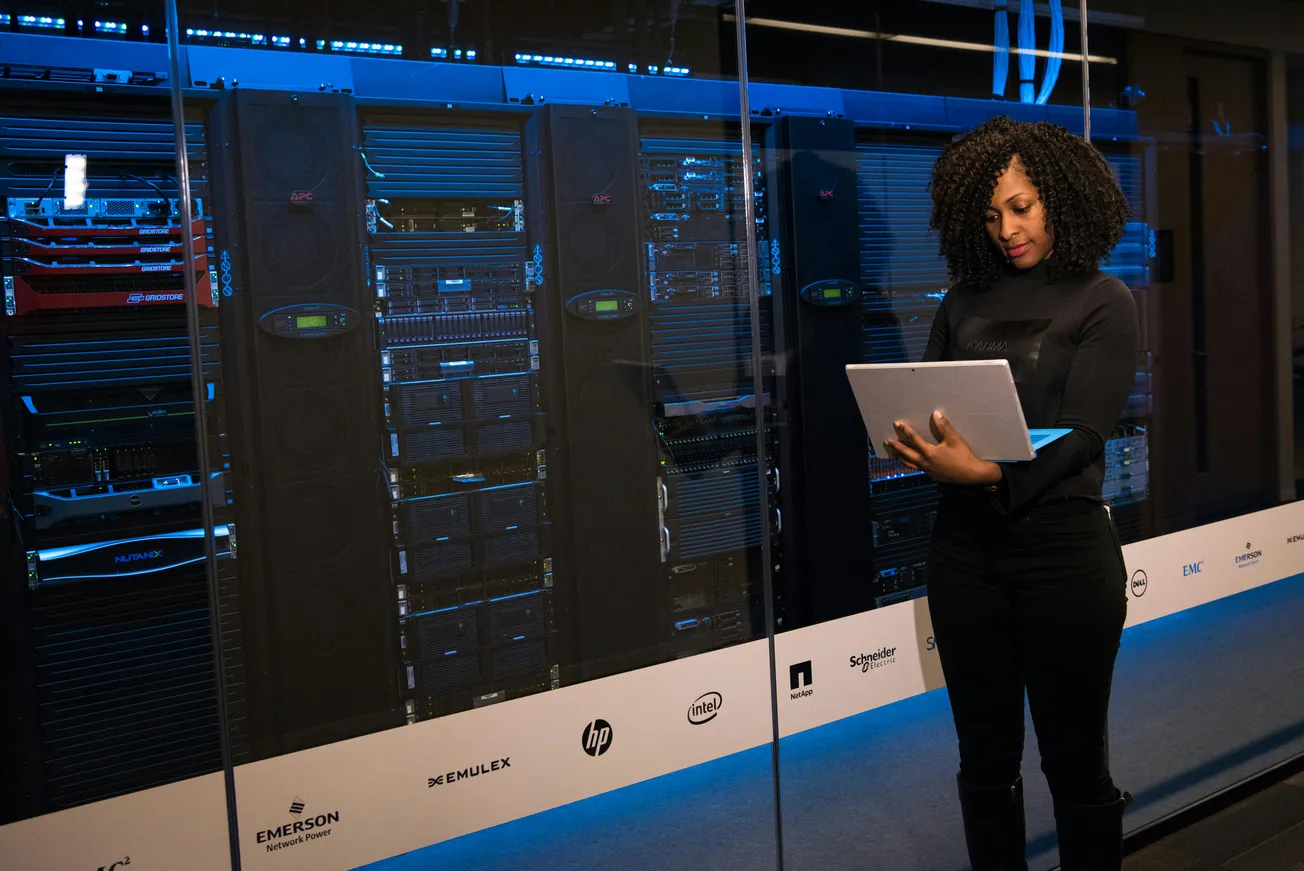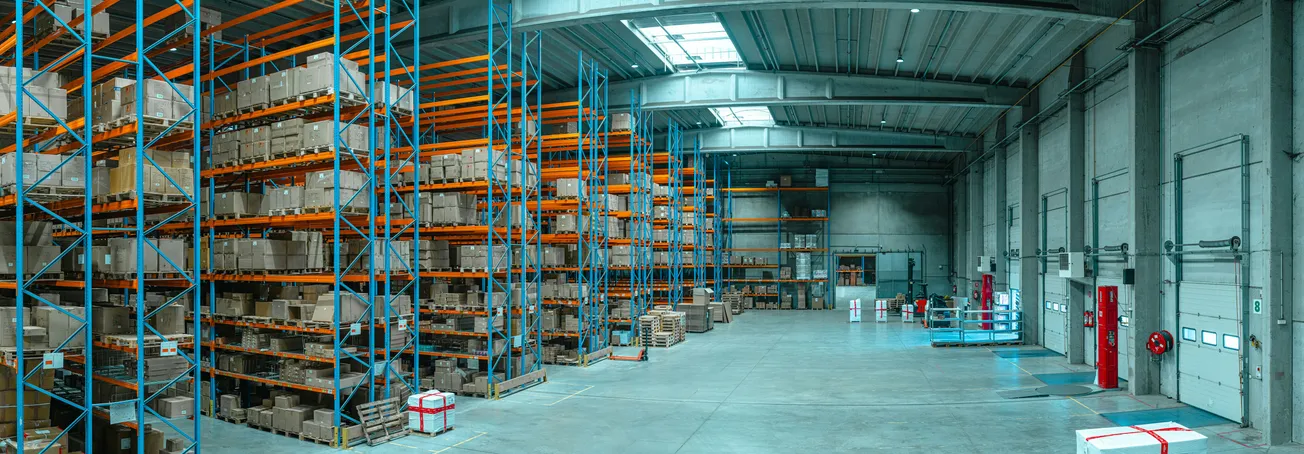Walmart Inc. has deployed an advanced technology stack across its global retail operations— spanning in‑store, online, fulfilment and logistics—anchored by AI, automation and platform thinking. Here’s a snapshot of key technologies in use today:
- Digital‑Twin Simulations & Predictive Analytics: Walmart uses virtual replicas of stores and operations to model supply‑chain scenarios, plan store layouts and improve product flow.
- Computer‑Vision & Shelf‑Monitoring: Cameras and AI software continuously monitor shelf conditions (out‑of‑stock, mis‑placement, planogram issues) and feed data into inventory systems to drive faster restocking.
- RFID & IoT Tagging: Products and pallets are increasingly tagged with RFID/IoT sensors to enhance inventory visibility across warehouse, transit and store environments.
- Generative AI & Advanced Search: Walmart has introduced Gen AI‑powered search experiences (e.g., NLU “toys for a 10‑year‑old girl”) and large‑language‑model systems to support merchandising, marketing and associate productivity.
- Automation in Fulfilment Centres: Robots, autonomous vehicles and system‑orchestrated pallets are enabling faster case‑handling, higher throughput and cost reduction in DCs.
- Unified Technology Platform & Data Backbone: Walmart has consolidated multiple e‑commerce platforms into a unified global system, enabling faster feature roll‑out, system scalability and cross‑market experimentation.
These technology investments are not just “nice to have” — they are central to Walmart’s omnichannel strategy: ensuring product availability, enabling seamless customer experience, optimising costs, and driving competitive advantage.
For retailers, suppliers and ecosystem partners, Walmart’s tech stack offers a blueprint: invest in real‑time data, automation, intelligence and integration. Failure to keep pace may result in slower fulfilment, weaker customer experience and diminished operational resilience.







